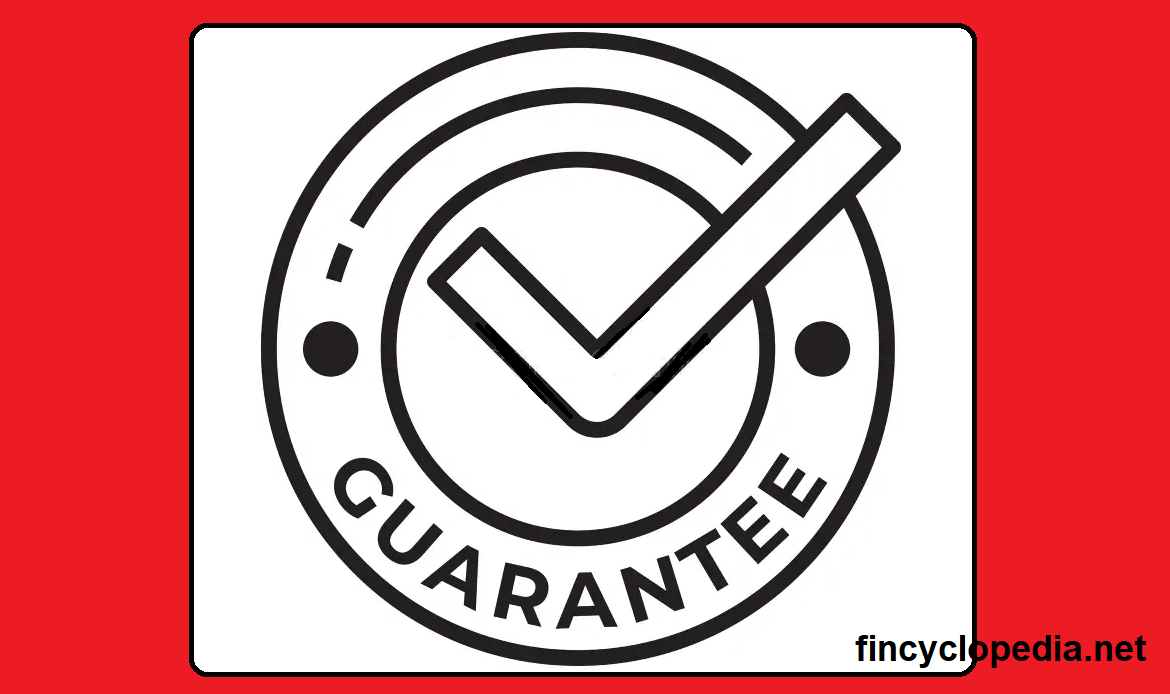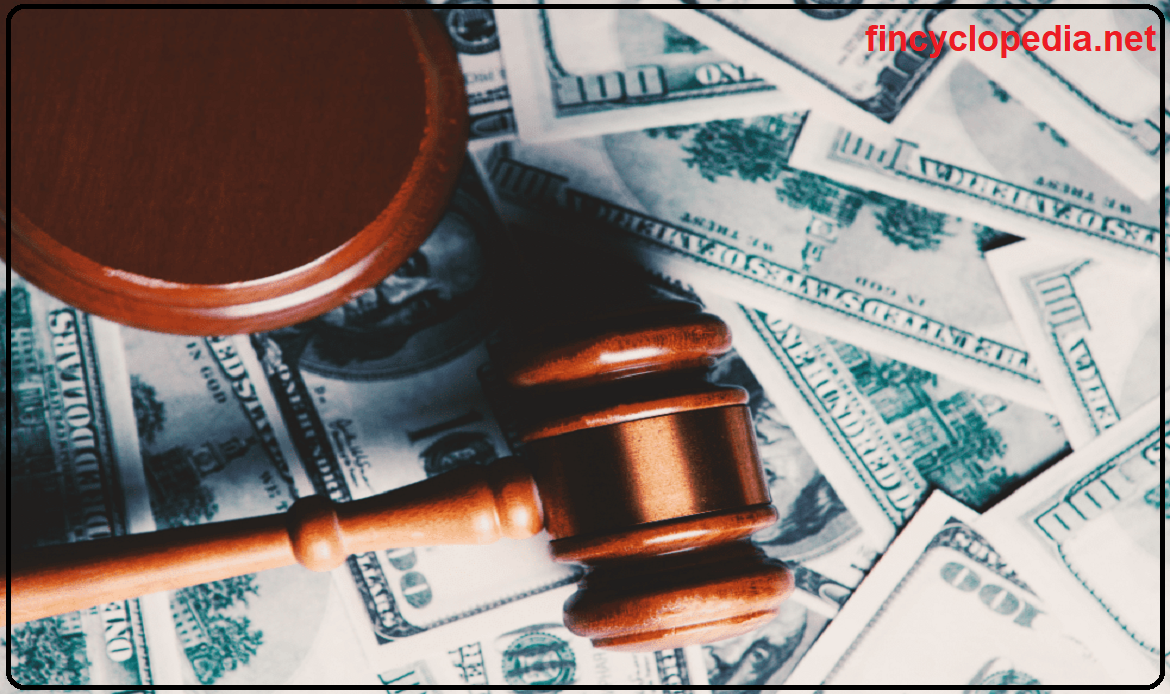A capital tier that constitutes an addition to minimum capital requirements and represents a line of defense or buffer against losses to a bank’s capital that may arise from specific types of risks including systemic risks and procyclicality risks. By composition, tier 2 capital includes undisclosed reserves, revaluation reserves, general provisions, hybrid instruments and subordinated term debt. This tier is the second line of defense (after tier-1 capital) that absorbs more losses in order to protect the capital of an Islamic bank.
In reality, Islamic banks reply more on tier-1 capital (common equity) mainly because tier-2 capital sources are not commonly available, especially in light of the shari’ah prohibitions that result in limitations to the use of Islamic subordinated debt and hybrid instruments (callable capital structures) and preference shares, among others.
The main tier-2 capital components, from an Islamic finance perspective, are wakalah sukuk and mudaraba sukuk, with an initial maturity of at lease five years.







